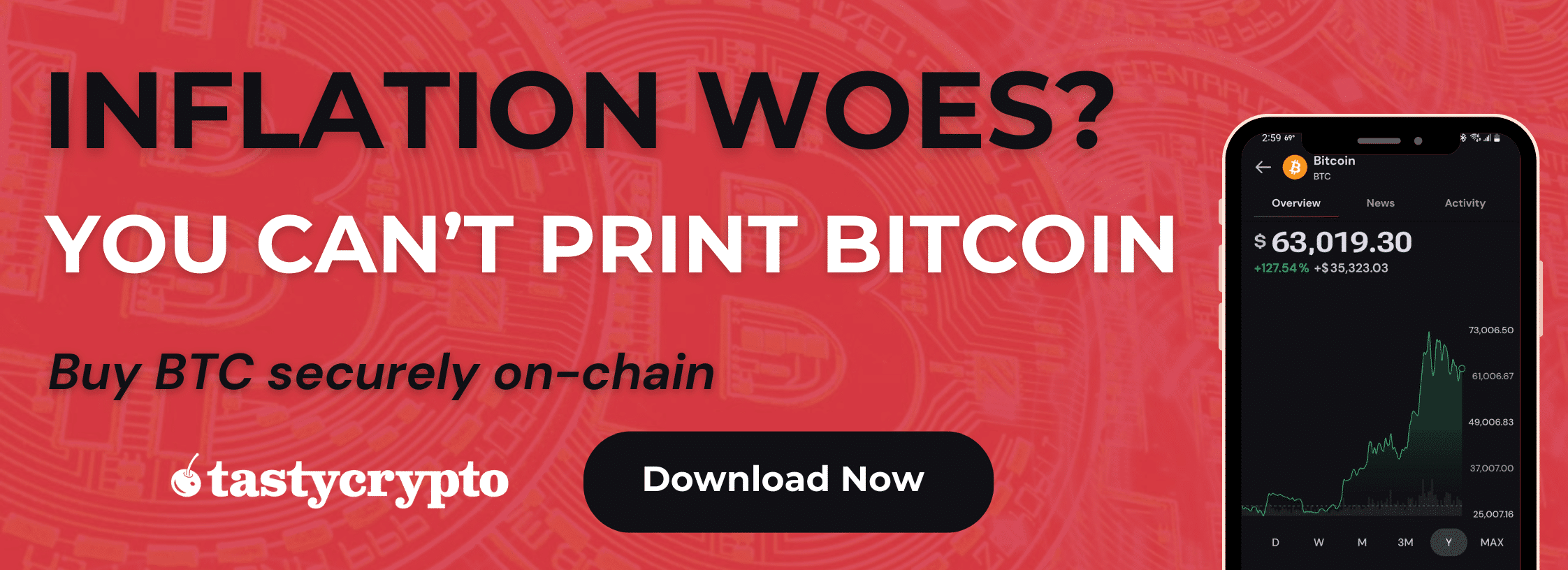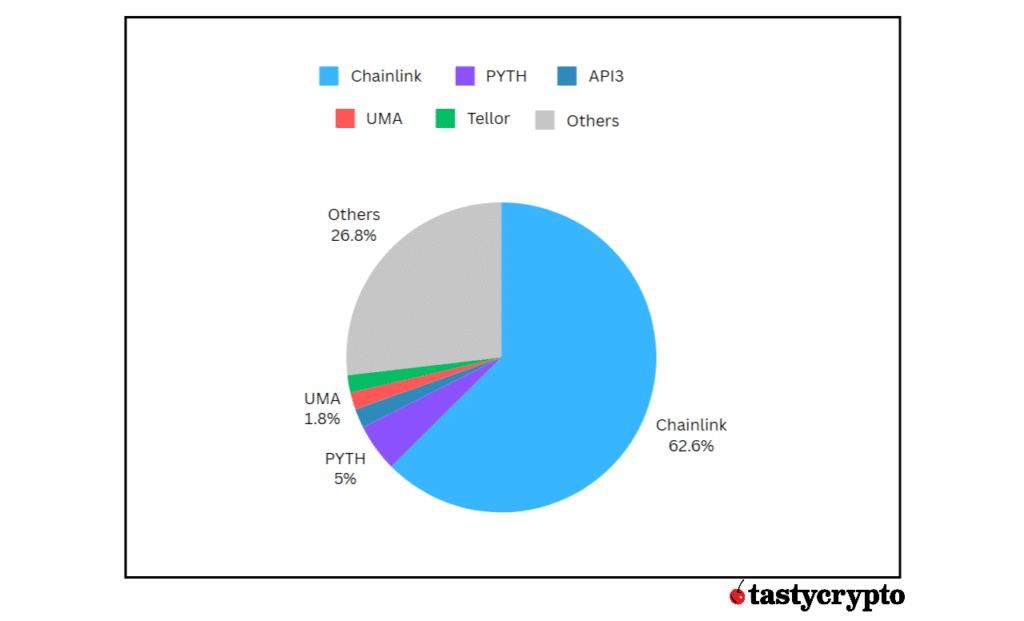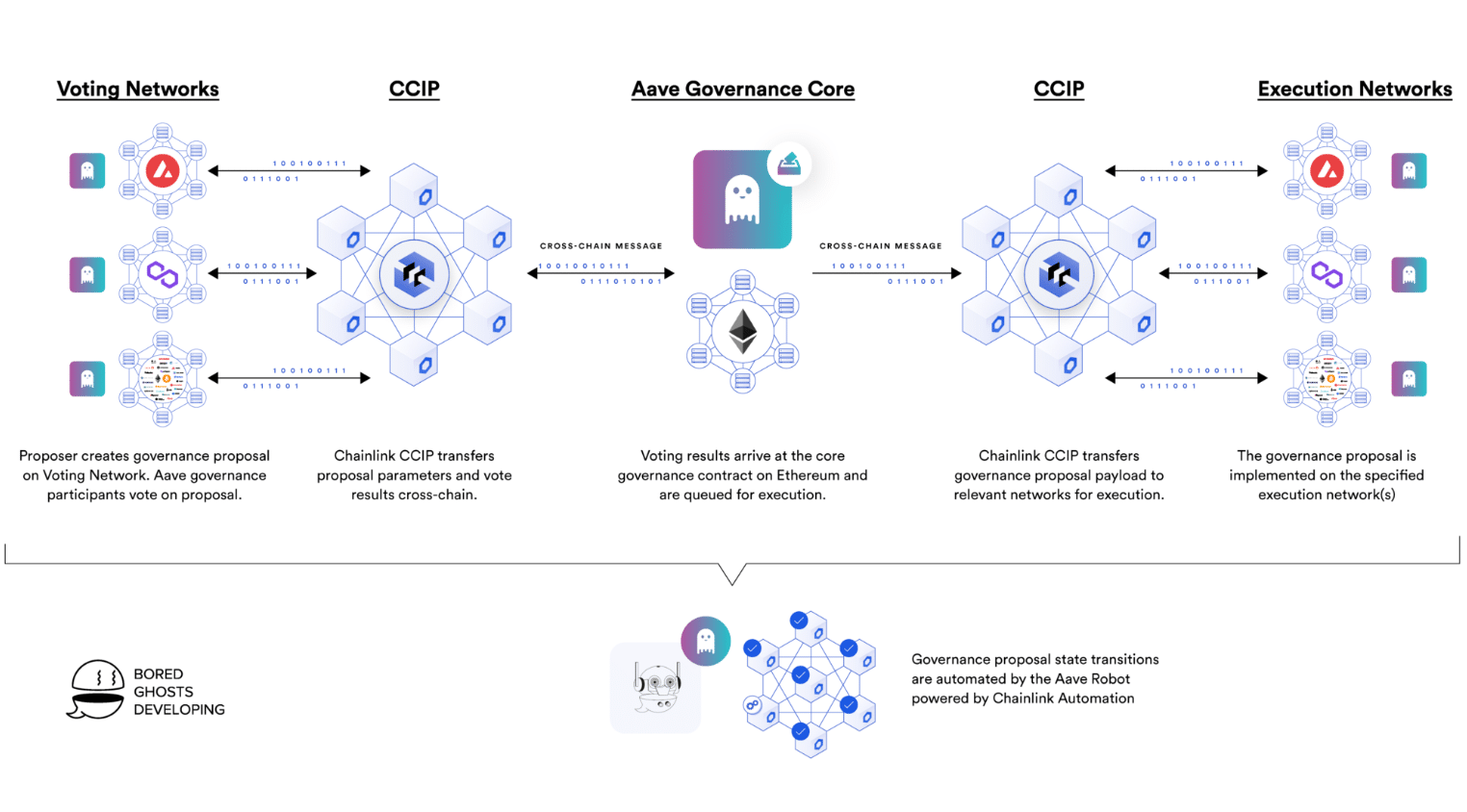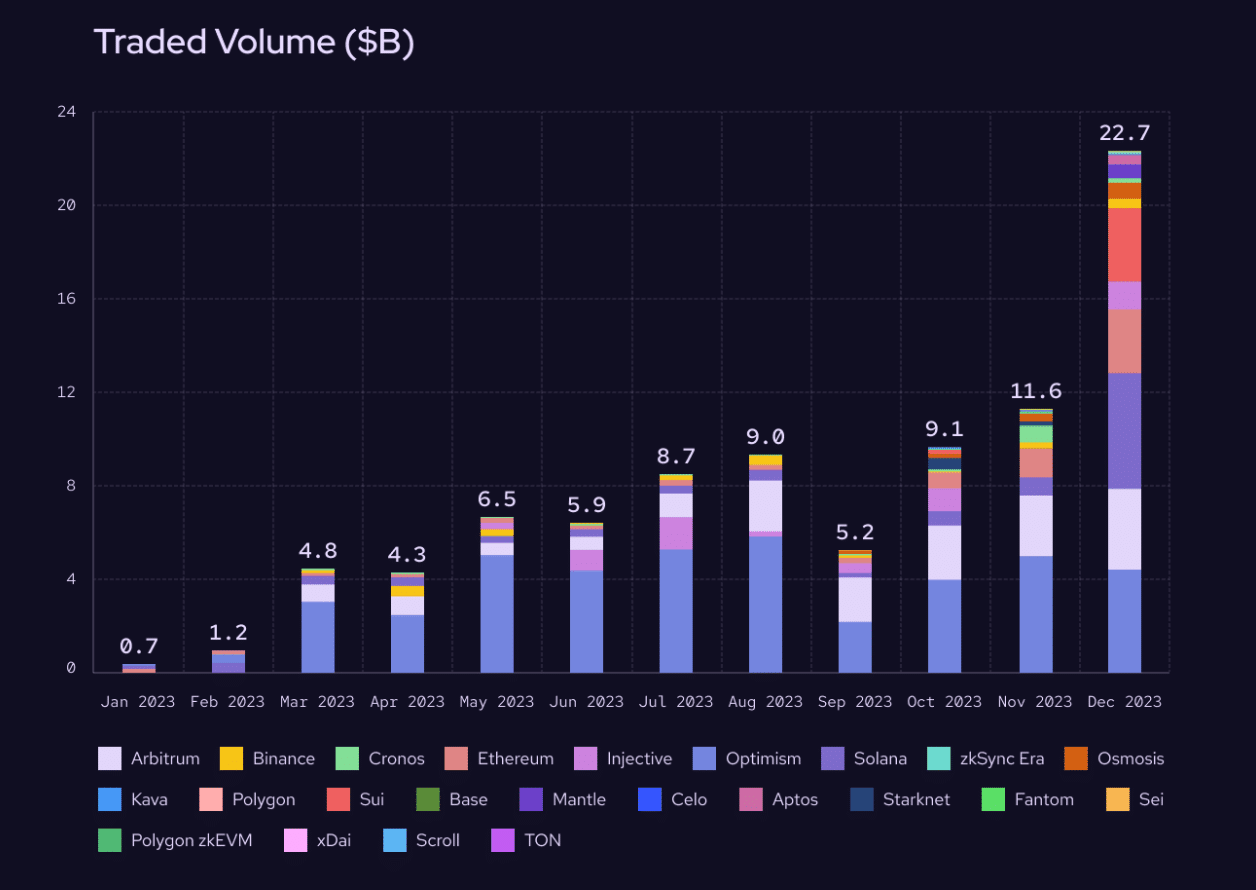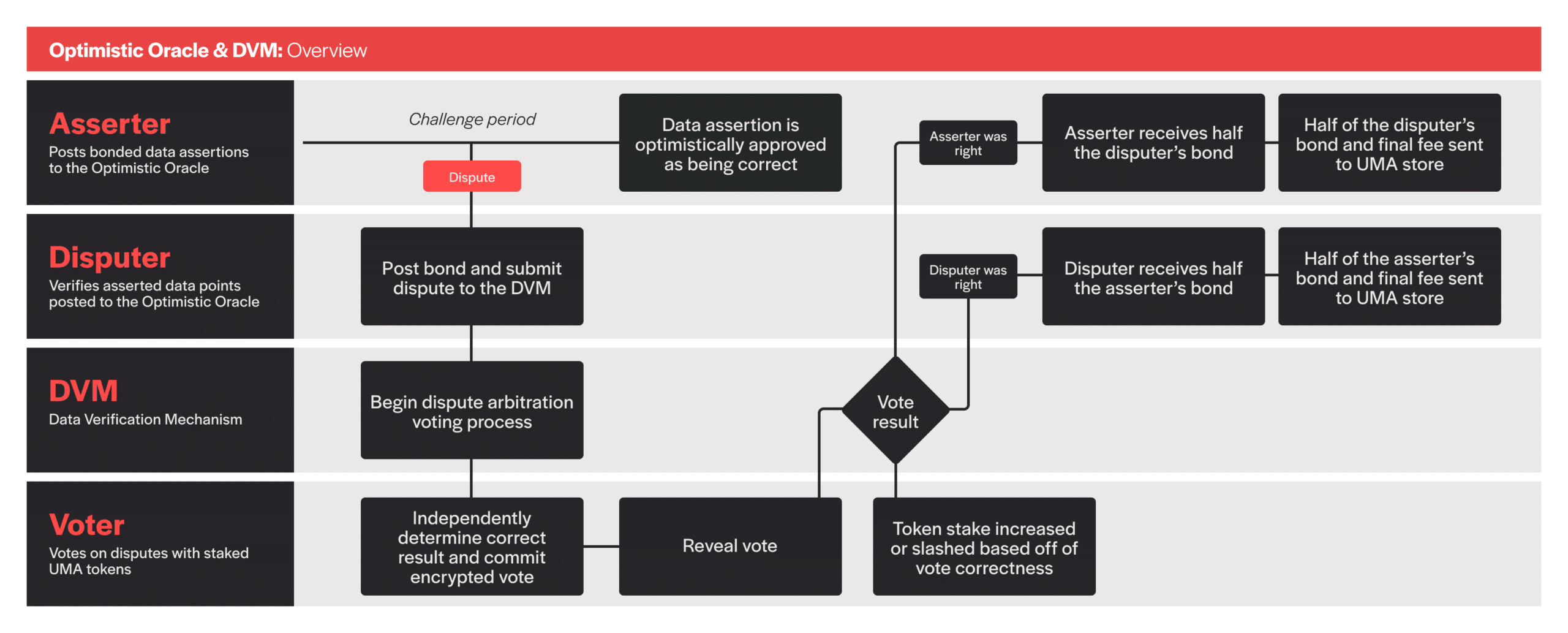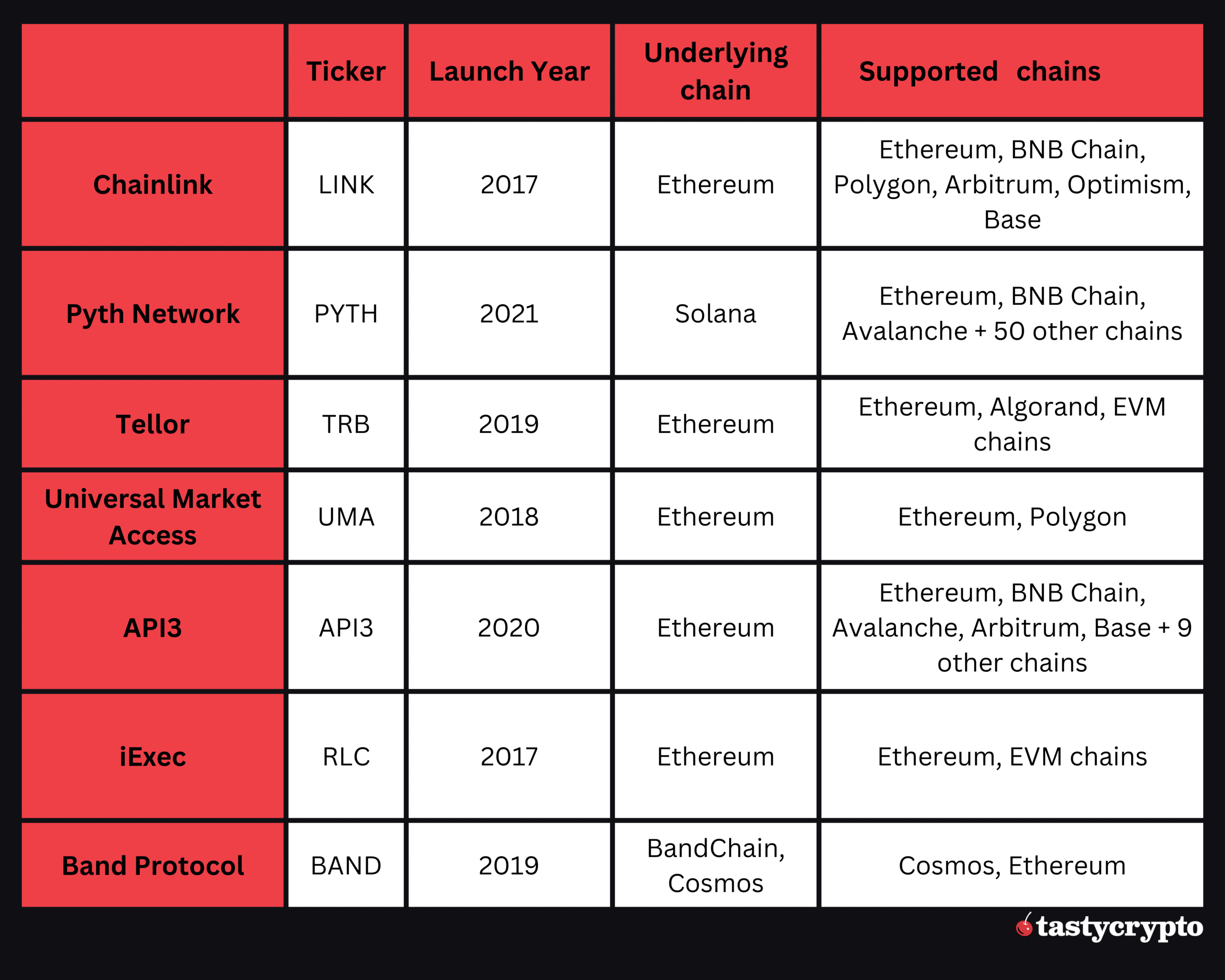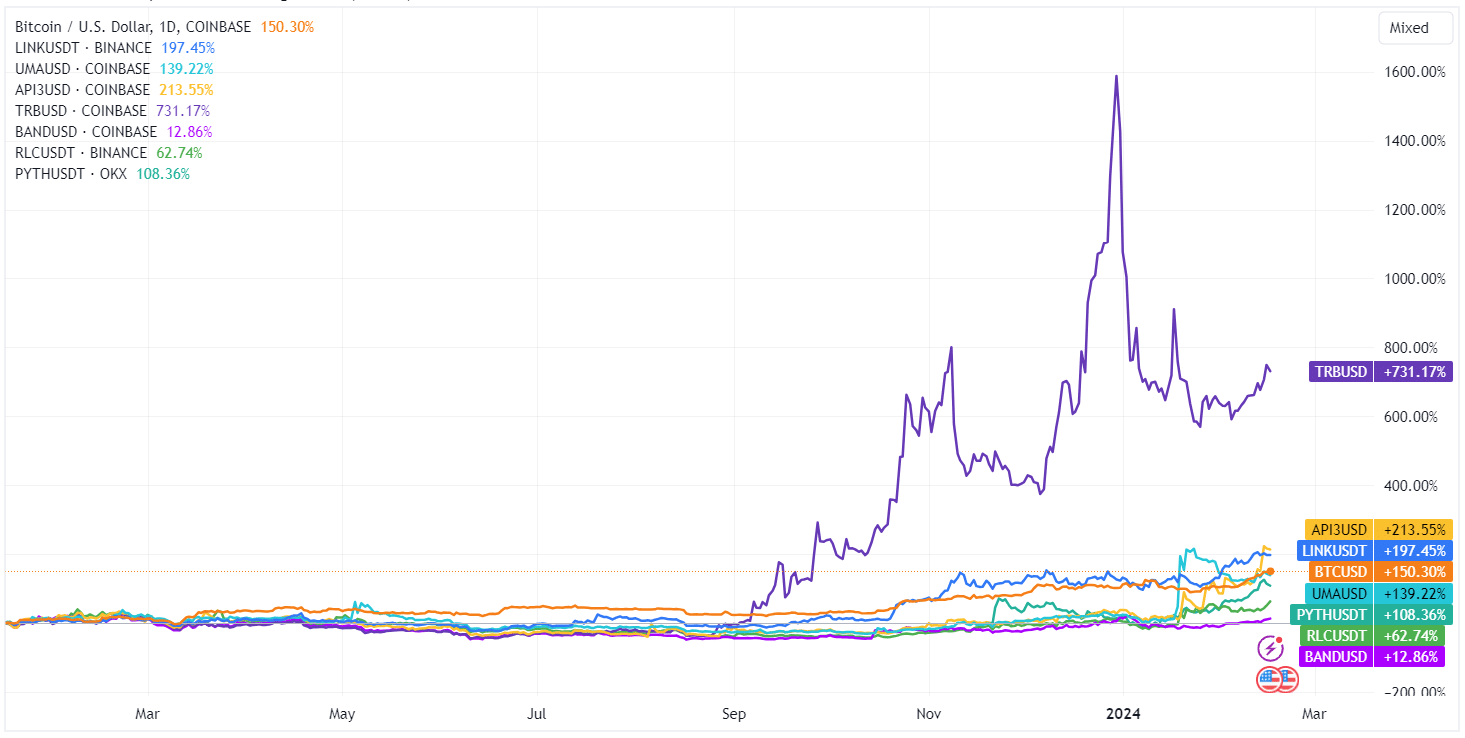Blockchain oracles serve as bridges that link blockchains to external systems, facilitating smart contracts to act on real-world data and events.
In this guide, we cover the top 7 blockchain oracles you can invest in today. They include: Chainlink (LINK) · Pyth Network (PYTH) · UMA (UMA) · iExec (RLC) · Tellor (TRB) · API3 (API3) · Band (BAND).
Written by: Anatol Antonovici | Updated February 29, 2024
Reviewed by: Mike Martin
Fact checked by: Ryan Grace

Blockchain technology unlocks unique features, but decentralized networks are technically isolated from the real world. Oracles come to the rescue by helping blockchains communicate with the external world. In this article, we discuss the top 7 oracle projects in 2024.
Table of Contents
🍒 tasty takeaways
The blockchain oracle market is valued at about $19 billion as of mid-February 2024, accounting for 1% of the cryptocurrency industry.
Chainlink is the largest oracle project, with a market share of over 60%.
Other notable oracle projects include Pyth Network, UMA, iExec, Tellor, API3, and Band.
Summary
| Token | Category | Description |
|---|---|---|
| LINK | DeFi Oracles | Chainlink provides reliable data feeds for smart contracts. |
| PYTH | Price Feeds | Pyth Network specializes in delivering high-fidelity market data. |
| UMA | Financial Contracts | UMA offers oracle solutions for DeFi products and synthetic assets. |
| RLC | Cloud Computing | iExec facilitates decentralized cloud computing and offers oracle services. |
| TRB | Data Verification | Tellor provides secure, decentralized data for smart contracts. |
| API3 | API Integration | API3 directly integrates APIs with smart contracts, enhancing dApp functionality. |
| BAND | Cross-Chain Oracles | Band Protocol is a versatile cross-chain data oracle platform. |
What are Blockchain Oracles?
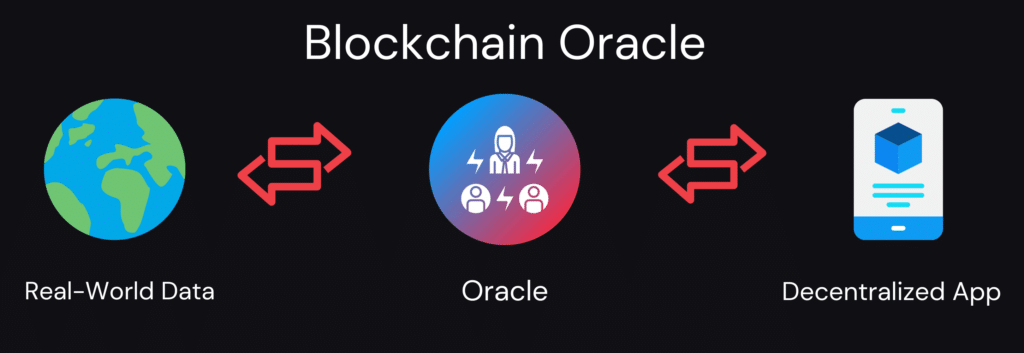
Blockchain networks are closed systems that don’t have a direct connection with the outside world. The inability of blockchains to access external data is referred to as the oracle problem.
While this may not be a problem for a chain like Bitcoin, Proof of Stake (PoS) networks hosting decentralized applications (dapps) require accurate data from the real world and other chains.
Oracles are services that help blockchains access external data to unlock a wide range of use cases, including financial products, prediction markets, non-fungible tokens (NFTs), and insurance, among others.
For example, decentralized finance (DeFi) protocols like decentralized exchanges (DEXs) and lending apps may require accurate price feeds to function properly. Oracles can provide these price feeds by sourcing data from the off-chain world.
Thanks to oracles, dapps benefit from greater scalability and interoperability.
Blockchain Oracle Market
The oracle sector represents a narrow niche, but it offers great investment opportunities due to its unique role and value.
Initially, dapps on Ethereum and other PoS chains accessed real-world data through centralized API services, introducing the risk of a single point of failure.
As the market evolved, decentralized oracle systems have emerged, improving data accuracy. By incentivizing data providers and leveraging a trustless environment, oracle chains like Chainlink have quickly secured mainstream adoption across DeFi and Web3 apps.
Today, blockchain oracles are a $19 billion market, as per Coinmarketcap data. Chainlink accounts for 62% of this fast-growing sector.
1. Chainlink
- Token: LINK
- Overview: Connects smart contracts with accurate, real-world data through a vast network of nodes.
Chainlink remains the largest oracle protocol, dominating this sector since its launch in 2017. It has set the standard for blockchain oracles, providing a trustless network of data providers.
The protocol uses its native token, LINK, to incentivize a global network of computers to supply smart contracts with reliable real-world data.
LINK has consistently ranked among the 15 largest crypto coins by market cap.
How Does Chainlink Work?
Smart contracts that require data put out a request for information, which Chainlink registers as an ‘event’. The protocol then generates a matching smart contract (SLA) to obtain the needed off-chain data. The SLA contract creates three sub-contracts:
- Reputation contract – checks the oracle provider’s authenticity and history.
- Order-Matching contract – delivers the request to Chainlink nodes, collects their bids, and then fulfills the request by selecting the appropriate number and kind of nodes.
- Aggregating contract – verifies all of the data from selected oracles.
While it launched on Ethereum, the Chainlink oracle network has since expanded to other chains, including BNB Chain, Avalanche, Polygon, Arbitrum, Optimism, Bas, and Fantom.
In 2023, Chainlink introduced its Cross-Chain Interoperability Protocol (CCIP) to enable dapps to deploy multi-chain and cross-chain use cases. For example, Aave uses it for its multi-chain governance mechanism.
Source: Chainlink
2. Pyth Network
- Token: PYTH
- Overview: Specializes in high-fidelity, real-time financial market data for blockchain applications..
While Chainlink is universal, Pyth Network is an oracle service that focuses specifically on price feeds. It aggregates data from multiple sources, including exchanges, market makers, and trading firms.
Pyth introduced the ‘confidence intervals’ feature to enable users to assess the degree of uncertainty around price information, which is especially important during high volatility.
Pyth launched on Solana in 2021, but it has quickly extended to other chains through integrations like Wormhole. It currently supports about 50 chains.
The trading volume secured by Pyth keeps increasing, hitting a record high in December at over $20 billion.
Source: Pyth Network
The network launched its proprietary governance token PYTH at the end of 2023.
3. Tellor
- Token: TRB
- Overview: A secure and permissionless oracle providing reliable on-chain data for smart contracts.
Tellor is a decentralized oracle network that connects Ethereum smart contracts with external data.
The data is provided by a network of reporters running Telliot, an open-source reporting client. Telliot operators compete for rewards paid in the native token, TRB.
Tellor launched in 2019 on Ethereum and has expanded to several layer 2 chains, including Optimism and Mantle.
4. UMA
- Token: UMA
- Overview: Provides secure, trustless templates for creating synthetic assets and decentralized financial contracts.
Universal Market Access (UMA) is an Ethereum-based protocol that acts as an oracle network and infrastructure for crypto derivatives like DeFi options and futures. It enables users to verify real-world data.
It popularized the concept of ‘optimistic oracles’, with data being considered valid unless disputed during a challenging period.
UMA token holders are eligible to vote for the optimistic oracle’s final resolution on disputes or queries. Those who vote with the majority earn rewards.
Source: UMA
UMA’s oracles can be used for a wide range of use cases, including DeFi products, governance, prediction markets like Polymarket, insurance, and real-world assets (RWAs), among others.
5. API3
- Token: API3
- Overview: Facilitates direct integration of real-world data into smart contracts without intermediaries for enhanced dApp functionality.
API3 is a decentralized oracle system that integrates APIs with dapps, contributing to a more reliable Web3 infrastructure.
The protocol introduced the concept of decentralized APIs – dAPIs, which get data directly from the source without any third-party service. Notably, the dAPI integration occurs on the same chain as the dApp, so that the data is never bridged from one chain to another, which minimizes the risk of exploits.
API3 token holders can participate in governance and pay for dAPI services.
As of today, API3 operates 140 API-based data feeds across 16 chains, including Ethereum, BNB Chain, and Avalanche.
6. iExec
- Token: RLC
- Overview: Offers a marketplace for cloud resources, enabling decentralized applications to access off-chain computing power.
iExec is an Ethereum-based network that connects cloud computing providers with users. Besides its flagship marketplace product powered by the native RLC token, iExec also offers the Oracle Factory service.
The feature enables users to build custom oracles directly from the browser without any line of code. The oracles are secured by iExec’s proprietary technology called Trusted Computing Environment (TEE), which uses hardware enclaves to protect the APIs.
The custom-built oracles can be shared on iExec’s oracle marketplace and integrated by other dapps.
7. Band Protocol
- Token: BAND
- Overview: Enables smart contracts to interact with real-world data and APIs across different blockchains efficiently.
Band Protocol is a cross-chain oracle platform that connects smart contracts with external data and APIs.
Band relies on its proprietary chain, called BandChain, which uses Cosmos technology. Band oracles are also compatible with Ethereum dapps.
It achieves cross-chain communication through Cosmos’ Inter-Blockchain Communication Protocol (IBC). It also supports one-way bridges to communicate with chains that are not compatible with the IBC.
Top Oracle Networks: Comparison
The below chart compares the price performance of all listed coins covered in this article over a 1-year duration.
Source: TradingView
FAQs
Oracles help blockchain-based applications access off-chain data by leveraging data feeds and APIs integrated on-chain through smart contracts. By leveraging oracles, Web3 apps can focus on scalability and user experience.
There are several types of oracles.
In terms of data flow, there are inbound oracles, which receive off-chain data, and outbound oracles, which send blockchain data to outside sources.
When it comes to data sources, there are software oracles (APIs, websites, databases), hardware oracles (sensors and IoT devices), and human oracles.
Chainlink is by far the largest and most trusted oracle ecosystem. Other reputable oracle networks include Pyth, UMA, Tellor, and API3.
You can invest in the oracle sector by purchasing oracle coins on centralized or decentralized exchanges.
🍒 tasty reads

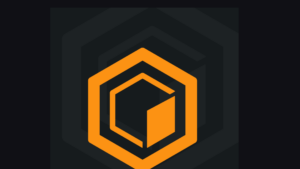
The Core Blockchain and DeFi Ecosystem: What You Need to Know
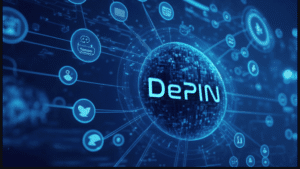
7 Best DePIN Crypto Projects

What Is Symbiotic and How Does It Work in 2024?
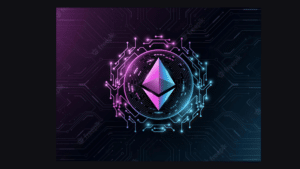
Ethereum vs Ethereum ETFs – 5 Major Differences
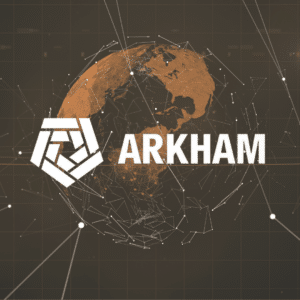

Anatol Antonovici
6+ years of experience writing for crypto brands and blockchain firms, including Coindesk, Cointelegraph, Bitcoinist, CryptoPotato, Algorand, and OTCTrade.com

